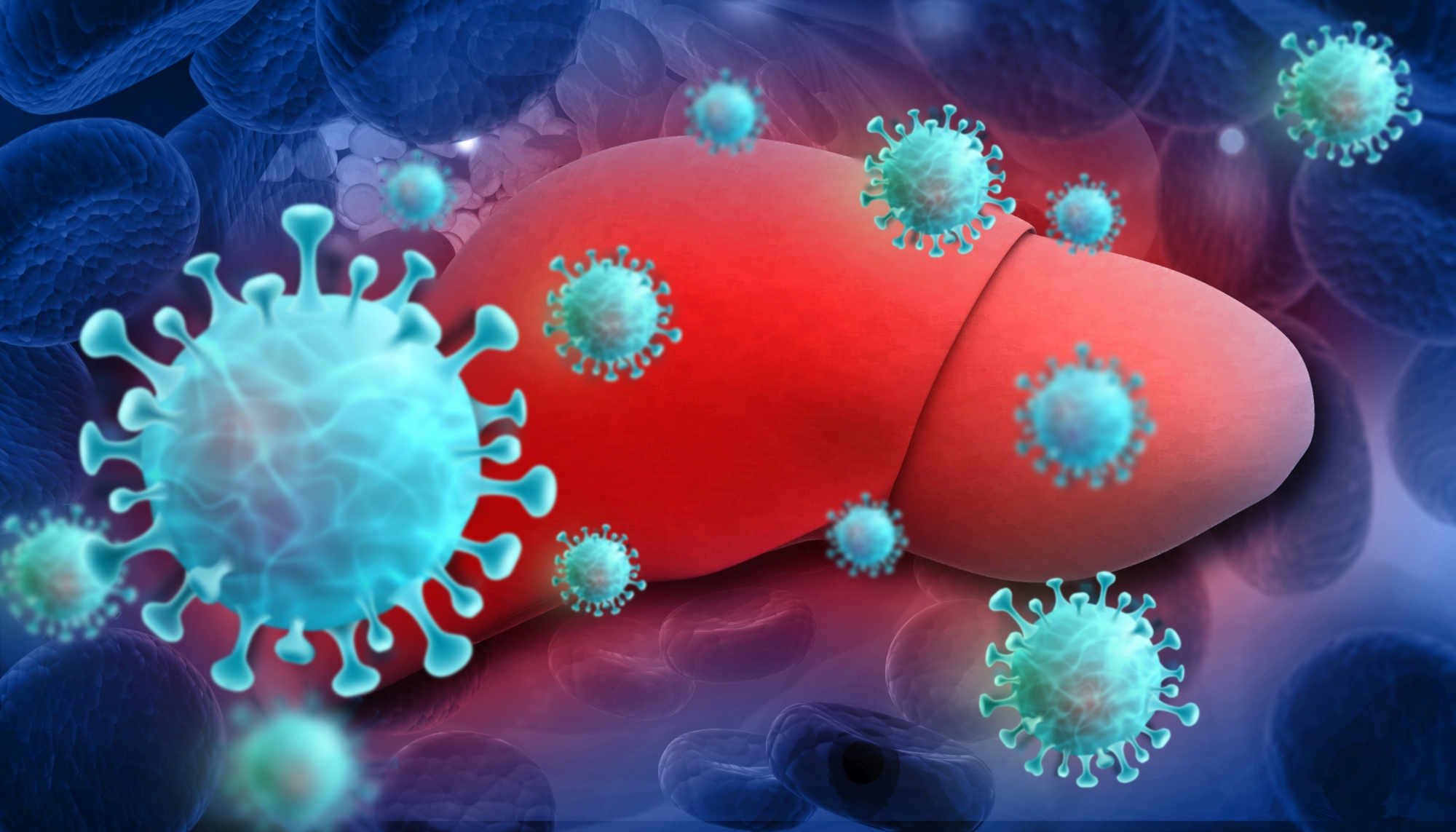Global authorities have been warned that, as well as the elderly and patients with chronic conditions, those suffering from poor liver function are vulnerable to COVID-19 and need to be paid close attention to. A study of over 1,000 COVID-19 patients by The Chinese University of Hong Kong (CUHK) researchers found indications of liver damage and that this greatly increased the risk of adverse clinical outcomes for them – up to and including death.
Researchers from the CUHK Faculty of Medicine (CU Medicine) took data from 1,040 COVID-19 patients. The age range of the study was from 22 to 52 years and the median age was 35. 23% of them showed elevated levels of liver enzymes which added up to liver damage. As research continues into the older population, the percentage showing liver damage is likely to increase.
The survey also identified adverse outcomes for some. 53 of the patients were admitted to ICU, 22 received invasive mechanical ventilation, and 4 died. Of these unfortunate 79 patients, 71% had liver injury. Analysis indicated that the estimated risk of patients with liver injury suffering these outcomes is eight times that of others. These findings have been published recently in an article in the world-renowned medical journal Gut in which the researchers stress the importance of liver function monitoring in COVID-19 patients.

The exact impact of the virus on the liver is not clear yet, but the findings have proved that the chance of deterioration in patients with liver injury is obviously higher than in others, according to the first author of the study, Dr. Terry Cheuk Fung Yip, who is a post-doctoral fellow of the Department of Medicine and Therapeutics at the University. “It shows that liver injury is prognostically significant in COVID-19 patient,” he said.
Looking at the causes of liver injury, Grace Lai Hung Wong, Professor of the Division of Gastroenterology and Hepatology at CU Medicine, points to the possibility of systemic inflammation and adverse reactions to drugs like steroids and antibiotics in severe COVID-19 patients who have been receiving treatment for other medical conditions. The liver could be harmed if the patient already has hepatitis. “A thorough review of medical history and detailed investigation for concomitant liver diseases are crucial to improve patient outcomes,” she says.
In the view of CU Medicine, this is not only crucial, it is of storming urgency. The study has proved that poor liver health and adverse clinical outcomes are closely related in COVID-19 patients, and this in a region where, according to the World Health Organization, liver diseases caused 4.6% of deaths in the Asia Pacific region in 2015, compared with 2.7% in the USA and 2.1% in Europe. And the pandemic continues.
There is an utmost need to make practice recommendations for various common clinical scenarios of liver derangement. So, the hepatologists from CU Medicine have led the Asia-Pacific Working Group for Liver Derangement, comprising experts from Mainland China, Japan, Singapore and Australia, to make an Asia-Pacific position statement on the management of COVID-19 patients who have been or are at risk of developing liver derangement.
The statement was published in The Lancet Gastroenterology & Hepatology in June this year. Clinical scenarios covered in it include taking precautions over medicines prescribed for COVID-19 where patients have liver derangement. For example, a liver test should be conducted twice weekly on patients who are on medication which has the potential for causing liver injury, on those with pre-existent liver disease, and more frequently on any patients with abnormal liver function. The statement also proposes the assessment and management of patients with hepatitis B or hepatitis, non-alcoholic fatty liver disease, and liver cirrhosis during the pandemic.
Professor Vincent Wai Sun Wong, Head of the Division of Gastroenterology and Hepatology at CU Medicine, is deeply committed to the Asia-Pacific Working Group initiative. “The causes of liver impairment in COVID-19 patients and the toxicity to the liver of the new antiviral drugs being used to tackle COVID-19 are being studied together. The experts in our group are joining hands to give recommendations for the clinical management of patients with liver derangement,” he stated.
“We hope to provide the most appropriate care at this critical time and we strongly believe that these recommendations will be of benefit to healthcare professionals in the Asia-Pacific region as well as around the world.”










